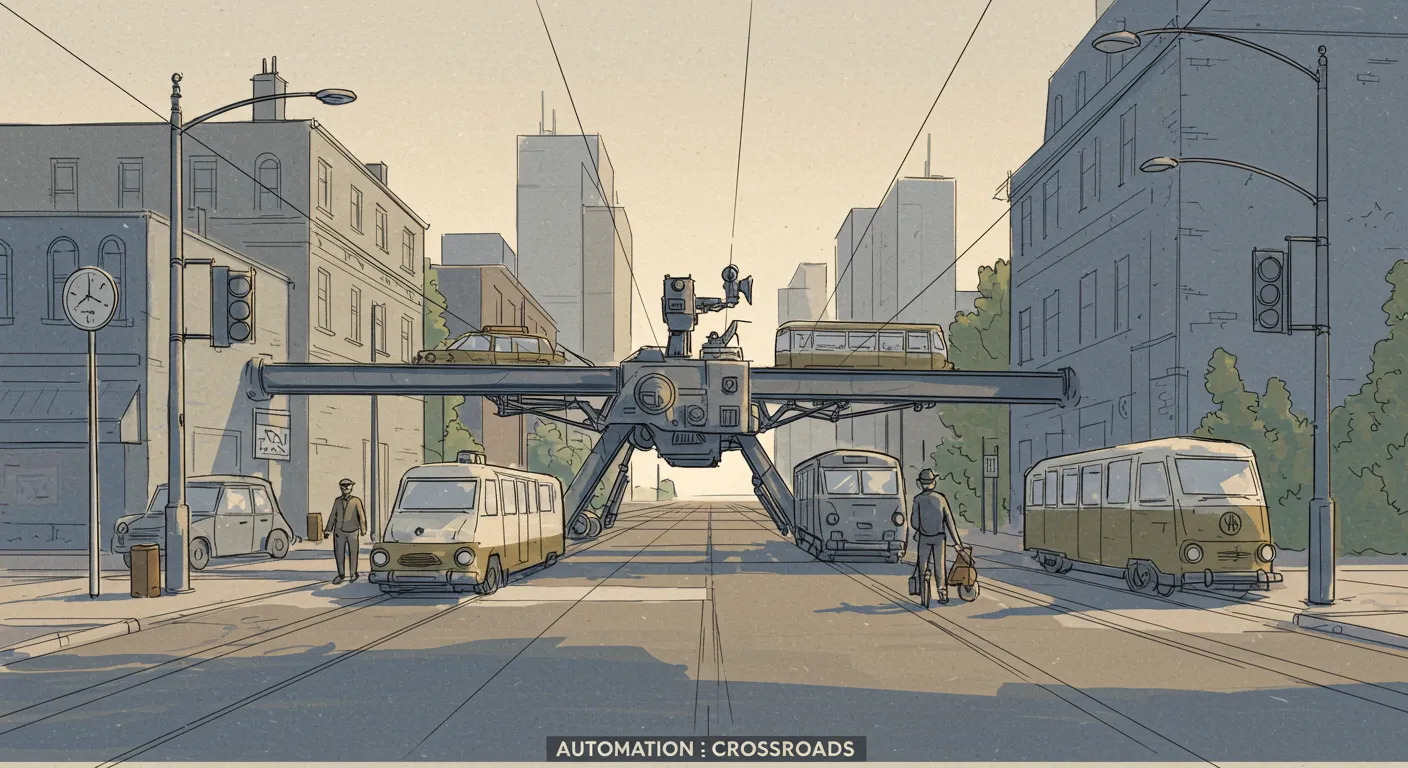The advent of AI-powered web design tools is sending shockwaves through the tech industry, igniting a passionate debate about the future of work, creativity, and technological disruption. Online commentators are wrestling with fundamental questions about how artificial intelligence will reshape professional landscapes, particularly in design, development, and creative industries.
Some see these tools as a revolutionary breakthrough, capable of democratizing web design and empowering individuals to create professional websites in minutes. Enthusiasts like echelon argue that AI is "the new 'going fast'" - a technology that can rapidly prototype ideas and potentially render entire business models obsolete, from template sellers to web design agencies.
However, the conversation quickly moves beyond technological capability to deeper societal implications. While some online commentators like diggan optimistically suggest that workers will adapt and acquire new skills, others like bluefirebrand view AI as a potential weapon of economic oppression, believing that wealthy business owners see automation as a means to eliminate workforce dependencies.
The debate reflects broader anxieties about technological unemployment. Some participants, like hn_throwaway_99, point out that many startups can now execute projects with significantly smaller teams, suggesting that AI is destroying jobs faster than creating new opportunities. This perspective contrasts with more measured views that see AI as a tool for augmentation rather than wholesale replacement.
Ultimately, these discussions reveal a complex landscape where excitement about technological potential coexists with genuine fear about economic disruption. The AI web design tools represent more than just a technical innovation - they're a lens through which we're collectively examining the rapidly changing nature of work in the digital age.


